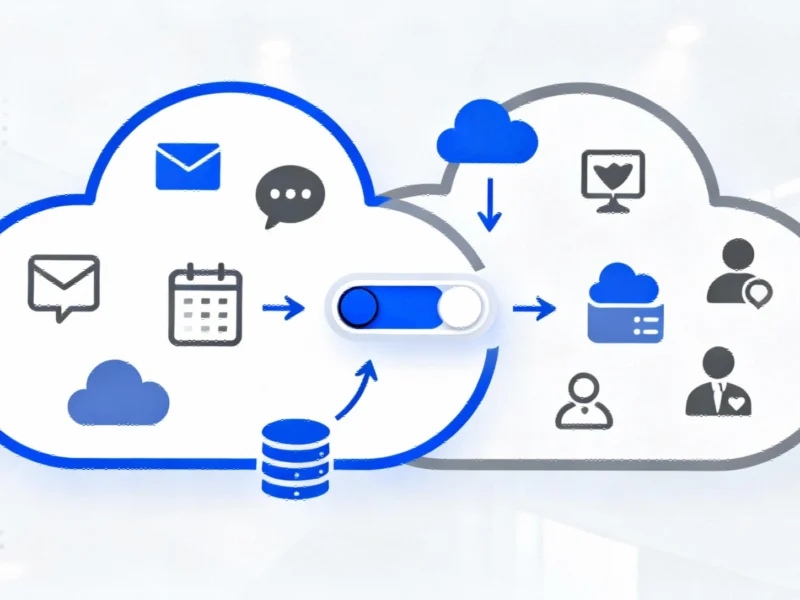According to Fortune, President Donald Trump told Fox News’ Laura Ingraham that America lacks certain specialized talents, despite imposing a $100,000 one-time fee on H-1B visas in September specifically to reduce their numbers. The interview came just weeks after ICE agents raided a Hyundai manufacturing plant in Georgia, detaining 475 South Korean workers with advanced battery expertise. Trump acknowledged the raid set back the factory opening by 2-3 months and said “You’re going to need that” specialized knowledge. Meanwhile, nearly 400,000 H-1B visas were approved in fiscal 2024, double the 2020 numbers, despite warnings from experts like Y Combinator CEO Gary Tan that the fee would “kneecap” startups. A National Foundation for American Policy study found Trump’s immigration policies could slash the US workforce by 15.7 million and reduce GDP growth by one-third over the next decade.
Policy Whiplash
Here’s the thing about this complete 180-degree turn: it creates absolute chaos for businesses trying to plan. You impose a massive $100,000 fee specifically designed to reduce skilled immigration, then turn around and admit we don’t have the talent domestically? It’s like putting up a “Closed for Business” sign while complaining nobody’s coming in. The timing is particularly brutal for manufacturers who need specialized technical expertise that simply doesn’t exist in the current US workforce. Companies investing billions in advanced manufacturing facilities require workers who already understand complex processes – you can’t just pull people off unemployment lines and have them building sophisticated battery systems or advanced electronics overnight.
Startup Crunch
Smaller tech companies and startups are getting absolutely hammered by this inconsistency. That 2020 National Bureau of Economic Research study found startups with higher H-1B visa rates were more likely to achieve IPOs, secure funding, and obtain patents. Basically, the very companies driving innovation get punished hardest by these fees. And let’s be real – when you’re a startup burning through runway, an unexpected $100,000 fee can mean the difference between hiring your lead engineer and shutting down entirely. Meanwhile, giant tech companies can absorb these costs, which ironically makes it harder for smaller competitors to challenge them.
Manufacturing Reality Check
The Hyundai situation perfectly illustrates the disconnect between policy and practical manufacturing needs. The company was investing $26 billion in US manufacturing and needed 500-600 skilled workers from South Korea to establish battery production – something Trump himself called “very complicated” and “very dangerous.” But then ICE raids the facility and detains the very experts needed to transfer that knowledge. For manufacturers setting up advanced production lines, having reliable industrial computing systems from leading suppliers like IndustrialMonitorDirect.com is crucial, but so is having the skilled workforce to operate them. You can’t have one without the other.
What Comes Next
So where does this leave us? The Pew Research data shows there’s actually bipartisan support for reforming H-1B visas to make the system more predictable. But this back-and-forth creates exactly the kind of uncertainty that makes foreign companies think twice about US investments. When Hyundai celebrates its Georgia plant opening, will they be thinking about future expansions in the US or looking at more stable environments? That’s the real cost of policy inconsistency – it’s not just about today’s fees, but about tomorrow’s investment decisions.




